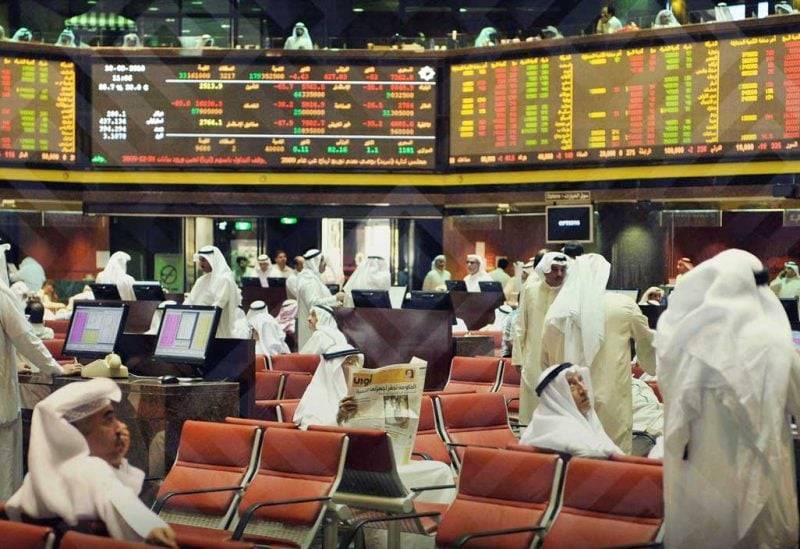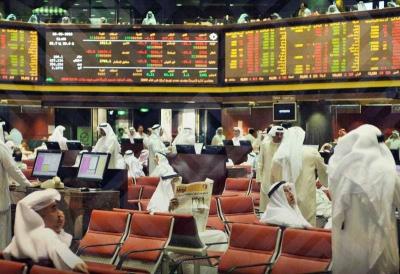Most major stock exchanges in the Gulf region closed lower on Thursday, following the central banks in the region raising interest rates in response to the US Federal Reserve's decision to increase rates by a quarter percentage point. Gulf oil and gas exporters tend to follow the movements of the federal interest rate, as most regional currencies are pegged to the dollar, except for the Kuwaiti dinar, which is linked to a basket of currencies including the dollar.
The main Saudi index fell by 0.5 percent, affected by a 2.3 percent drop in the shares of Dr. Suleiman Al Habib Medical Services Group and a 0.9 percent decline in Al Rajhi Bank shares. The main stock index in Dubai dropped by 0.3 percent, with Emirates Central Cooling Systems Company shares decreasing by 2.1 percent. However, losses were limited due to a 1.8 percent rise in the shares of Emirates NBD, the emirate's largest bank, after announcing a 78 percent increase in profits in the second quarter.
Dubai's stock market experienced some volatility after the Federal Reserve raised interest rates. In Abu Dhabi, the index fell by 0.1 percent. The Saudi Central Bank, known as the Saudi Arabian Monetary Authority, raised the repo rate to 6 percent and the reverse repo rate to 5.5 percent, both by 25 basis points. The UAE announced it would increase the base rate on overnight deposit facilities to 5.40 percent from 5.15 percent starting Thursday.
Contrary to the trend, the Qatari index closed up 1.2 percent, driven by a 4 percent jump in Industries Qatar shares. Outside the Gulf region, Egypt's leading stock index decreased by 0.3 percent, with most stocks in the index trading in the negative, including Eastern Company, which saw its shares decline by 2.2 percent.




